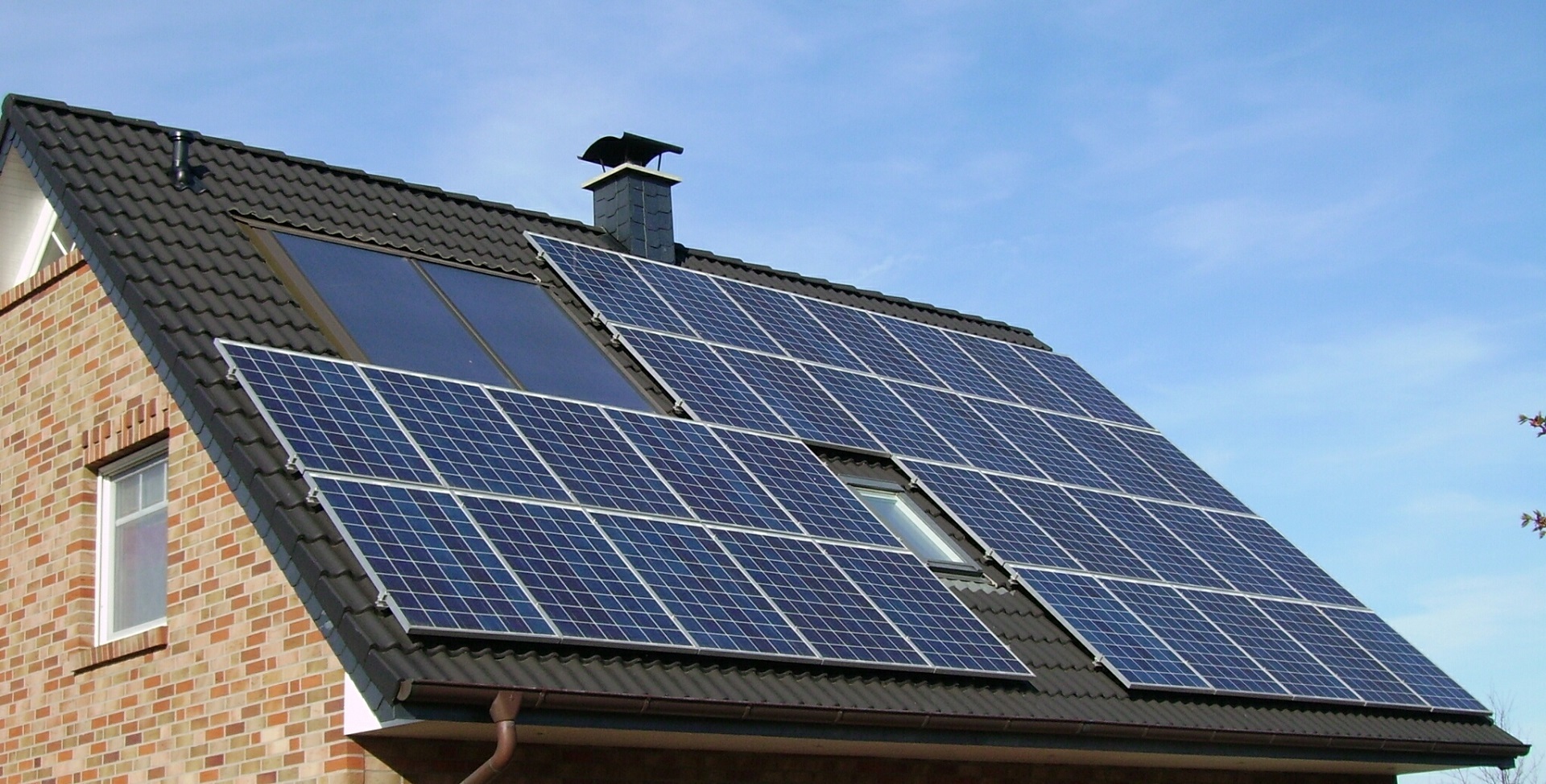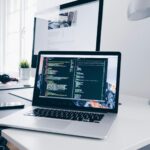
Do you want to go solar but aren’t sure whether it’s right for you? Better yet, do you want to go green, but are you concerned about the financials? Should you lease or buy solar panels?
The answer to the latter question could be a mixture of both. You can lease and then buy it if you want. Of course, there are other incentives for leasing solar panels versus buying them outright.
If you want to explore buying solar panels or leasing them, this article will help you make the right decision.
Understanding the Pros and Cons
The decision between leasing or buying solar panels depends on an individual’s long-term goals and budget. Some energy companies offer low monthly payments for solar panel leases.
For those who are willing to forgo the advantages that come with ownership. Those who choose to lease typically have to commit to a long-term contract and have no control over the pricing rates or maintenance of the solar panels.
On the other hand, those who choose to buy can expect to pay a first, up-front cost. But future savings, tax credits and the potential to increase property value far outpace the costs. Ultimately, it’s wise to review all facets of the pros and cons before making a decision on either leasing or buying solar panels so that the most cost-effective choice is chosen for the necessary energy needs.
Weighing the Financial Benefits
Choosing whether to lease or buy a solar panel is a financial decision that should be taken seriously. Leasing offers fixed monthly payments, while buying requires an up-front payment.
The total cost of ownership over the life of a solar panel can be reduced by taking advantage of federal and state tax incentives. Most solar panel leases come with regular maintenance. Ultimately, it is up to the individual to decide which choice is best for their budget and goals.
What to Consider?
Solar panels can be an excellent investment for decades, with the added bonus of dramatically reducing energy bills and sustainability. Before making a decision between leasing or buying, it is important to consider a few factors.
Leasing may make more sense if there is a short time horizon. While buying the panels may be the best choice if a homeowner plans to stay in their home for a long period of time.
Different tax credits and connection fees should also be taken into consideration when deciding whether to lease or buy solar panels. It is important to do thorough research and weigh all these factors when making the decision.
Estimating Installation Costs for Leasing and Buying Solar Panels
Estimating the installation costs of leasing and buying solar panels can be done by calculating the cost of the solar panels, installation labor costs and any miscellaneous materials needed for the project. The first cost of purchasing the panels can range from a few hundred to a few thousand dollars.
They may have to hire a professional solar panel installation company. Miscellaneous materials such as mounting systems, inverters, wiring, etc. should also be considered when estimating installation costs.
Investigating Availability of Solar Panel Lease Terms and Finance Options
Investigating available solar panel lease terms and finance options is an important part of deciding to invest in solar panels. It is important to consider upfront cost, length of lease, terms of the lease, installation costs, and any warranties. Additionally, companies should offer incentives such as tax credits to reduce the cost of the investment.
Assessing When You Buy Solar Panels or Leases
When assessing solar panel cost and savings from leasing or buying, it is important to consider a few factors. Upfront costs play a major role when it comes to purchasing solar panels. There is an installation fee that must be taken into account.
In addition to that, if you are leasing the solar panels, you will need to consider the lease payments and any terms associated with the lease. In terms of savings, the amount of money saved can vary greatly depending on the size of the solar panels and the specific setup of the installation.
Generally speaking, the savings associated with installing solar panels can be quite substantial, both as your energy bill and the environmental impact of reducing your carbon footprint. Ultimately, assessing the costs and savings of leasing vs buying solar panels is important for you to choose the right choice for your needs.
Find the Most Suitable Option for You
When it comes to buying or leasing solar panels, it is important to consider the cost of the equipment, installation costs, and potential savings and grants. Additionally, you should understand the type of system you will need, the length of the lease, and if financing is available.
Leasing allows you to take advantage of the reduced cost of energy without having to pay the full price upfront. Buying your system outright may be more affordable in the long run, but be sure to factor in maintenance costs, tax incentives, and energy output. Ultimately, you need to make an informed decision based on your lifestyle and budget.
Making an Informed Decision – Is Leasing or Buying Best for You?
Making an informed decision to buy solar panels is essential to ensuring a successful and cost-effective installation. With a clear understanding of your energy needs, budget, available incentives, and manufacturer ranks, you are in position to find the best system for your household. If you’re considering investing in solar panels, contact a local installer today to discuss your options!
For more helpful and informative articles, please check out the rest of our site.




